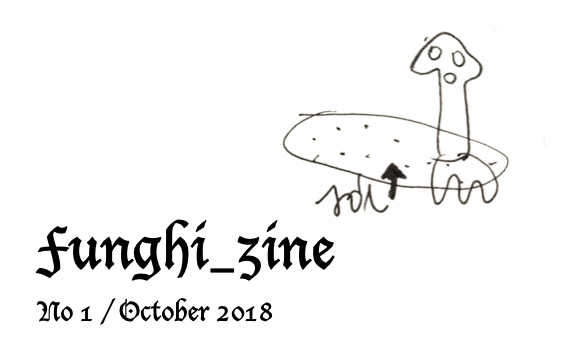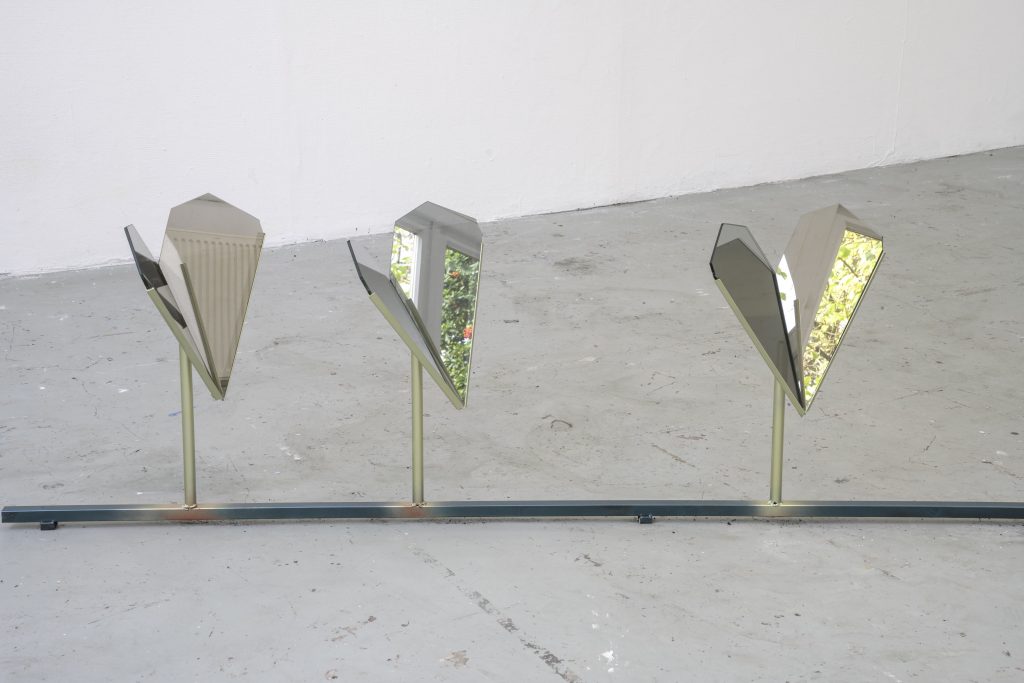It is raining—thoughts start to mushroom.In the beginning of his essay Politics of Encounter, Louis Althusser distinguishes between two kinds of rain: the providential and anti-providential one. He borrows this taxonomy from Malebranche—but does it only to introduce yet another type of rainfall, one that eludes the forecasting based on providence-related criteria. He speaks, namely, of the ordinary rain.
One could easily object to this account of Althusser’s writing and clarify that the philosopher does not speak of “real” rain at all; that rain appears in his text as a figure expressing the world’s emergence—a poetic nod to the ancient philosophers of nature, who believed that atoms fall from the sky and engender reality through constant clashes. According to this account, Althusser quotes Malebranche’s classification of rains jokingly, only in order to indicate that he himself does not aim to write about H2O. Though let us assume for a while that the philosopher’s game is more sophisticated than this—or, at least, that the joke is very elaborate. If it were otherwise, why would the opening sentence (“First of all, this is a book about an ordinary rain”) sound so emphatic? Why would it have to be the openingsentence at all?
Excerpt from text by Arkadiusz Półtorak.
Read the full essay here.










